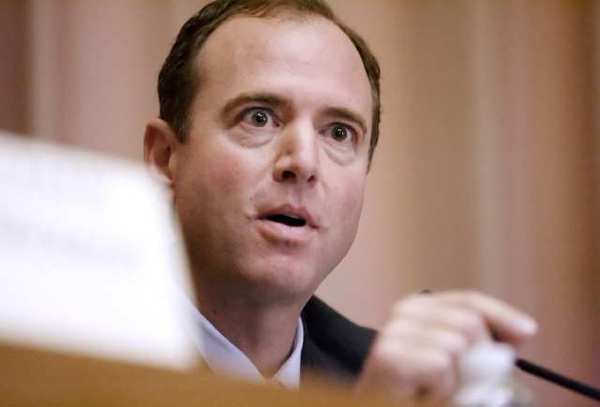CA Lawmaker Introduces Bill to Give Americans a Voice before FISA Court

Credit: Raul Roa // Glendalenewspress.com

Concern over the government's surveillance powers continues to receive bipartisan support. After Michigan congressman Justin Amash's amendment to defund the surveillance programs of the NSA was narrowly defeated, a new bill has surfaced to place a brake on the government's powers.
Late last week, U.S. Representative Adam Schiff (D-CA) introduced the "Ensuring Adversarial Process in the FISA Court Act."
Instituted during the Cold War, the Foreign Intelligence Surveillance Court (FISC) was created under the Foreign Intelligence Surveillance Act (FISA). In the years following the terrorist attacks of September 11, 2001, the FISC has taken on renewed prominence. It has also been derided by critics as a "kangaroo court" for its willingness to side with the government.
Schiff's legislation comes one week after a declassified opinion from the FISC explained why it found the government's collection of Americans' phone records constitutional. As reported in the Guardian:
"The opinion does not even mention last year's unanimous US Supreme Court decision on the Fourth Amendment and GPS tracking . . ."All nine justices found the tracking unconstitutional, and each of the opinions offer strong reasons to reject the FISA court's interpretation of the Fourth Amendment with regards to phone metadata."
In a press release from Schiff's office, the legislation is designed to provide a non-governmental "public interest advocate" to "strengthen the protection of our civil liberties" before the court:
"Even though the FISC's deliberations are necessarily secret in nature, it's vital that the American people have confidence that there are voices within the process arguing forcefully and effectively on behalf of the Fourth Amendment and privacy concerns of ordinary Americans."
Noting other reforms in the bill, the press release also says:
"It would allow for increased opportunities for non-governmental parties and groups to file amicus briefs on issues before the FISC and it would allow independent technical experts to evaluate government programs and provide expert testimony to the FISC."
Despite the fate of Amash's amendment, Schiff is optimistic his bill might get a hearing as well as bipartisan support.
"While you can never count on anything in a congress that's dysfunctional, I will bet that we will see FISA reforms in this session," he said.
This is not Schiff's first attempt at limiting the government's surveillance powers. In June, he introduced HR 2475, the "Ending Secret Laws Act." It is still in committee.
Schiff's proposed legislation would mark an incremental change in the way government could use its surveillance powers. It would not eliminate the court or any specific program as Amash's amendment aimed to accomplish. However, it would note a mark of caution and potentially provide another voice before the court advocating for Americans' civil liberties. It might also work by adding a layer to the process and thereby slowing governmental action.
To date, the legislation has only one co-sponsor in the House, John Carney, Delaware's Democratic at-large representative.



